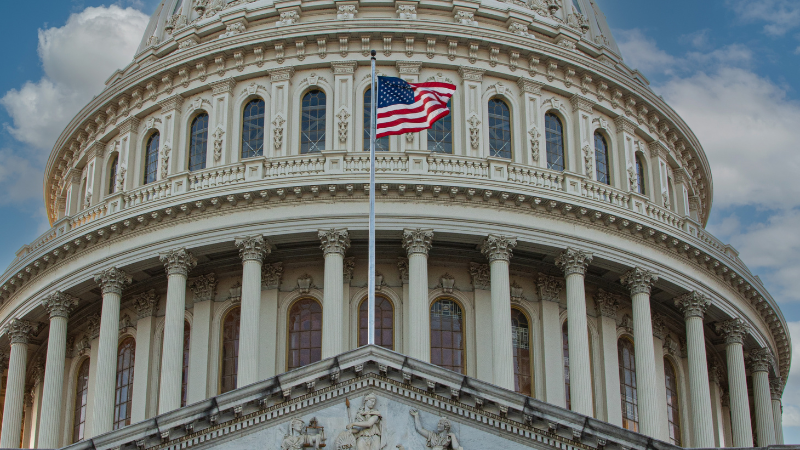
CHICAGO, November 12, 2025 — As the U.S. Supreme Court assesses the legality of President Trump’s aggressive tariffs, the White House continues to tweak its controversial trade policies. Here are some of the proposed changes that could have a significant impact on the domestic food-away-from-home industry.
Relief promised on coffee, banana prices
One of the industry’s key tariff-related concerns is how high coffee costs will spike because of Trump’s double-digit duties. Virtually every bean is imported, and domestic growing conditions all but rule out the possibility of U.S. cultivation. Yet operators know they’ll have to offer the product no matter what it costs. Customers won’t stand for its omission from menus.
In a surprise pronouncement, U.S. Secretary of the Treasury Scott Bessent revealed during a Wednesday morning tv appearance that the White House has a plan in the works to bring down the cost of java. What’s more, Bessent said, the same actions will be employed to dampen the cost of other goods that are only grown outside of the U.S., like bananas.
Appearing on Fox TV, Bessent provided no details about how the prices of those selected items will be held in check, but promised that action is imminent and the impact on prices will be immediate.
Pasta prices? Fuhgeddaboudit
The White House has proposed increasing the tariff on pasta imported from Italy by 92 points, on top of the 15% duty that’s already in place. The 107% surcharge is necessary to prevent 13 Italian companies from dumping their fettuccini and linguini on the U.S. market at prices too low for domestic producers to match, according to the Administration.
Several major pasta brands based in Italy decided to push back. Several sporting household names have warned they’ll pull their products out of the U.S. market, including versions that are produced here, as early as Jan. 1 if the White House goes through with the tariff hike.
Domestic pasta producers abound, but they collectively may not produce enough noodles to compensate for the withdrawal of imports, setting the scene for a price hike on all varieties, according to supermarket consultants.
Sharing tariff proceeds with consumers
Although federal statistics indicate otherwise, President Trump maintains that food prices are coming down. Still, he appears to have heard the public’s yelping about an upswing in the cost of living.
Last weekend he floated the idea of helping consumers weather what he terms short-term pain from his trade policies by giving middle and low-income American $2,000 each from the billions that have been generated by tariffs.
He offered no details about how such a rebate would work, but even his allies disputed the feasibility of such a plan. The doubters pointed out that proceeds from the tariffs may not cover a giveaway of that scale. They also cited the logistical challenges.
As Managing Editor for IFMA The Food Away from Home Association, Romeo is responsible for generating the group's news and feature content. He brings more than 40 years of experience in covering restaurants to the position.